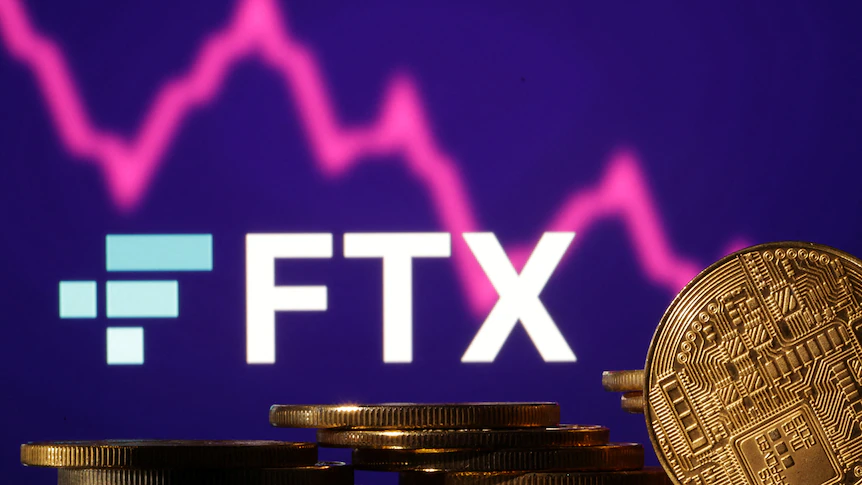Bankrupt cryptocurrency exchange FTX has announced that its amended reorganization plan has received strong preliminary support from its creditors. According to the company, more than 95% of creditors who participated in the vote have endorsed the plan, which is set to provide non-governmental creditors with a full return of their claims plus interest.
Creditor Support for Reorganization Plan
FTX and its affiliated debtors revealed that the reorganization plan, submitted to the United States Bankruptcy Court for the District of Delaware, garnered majority approval from all classes of creditors eligible to vote. This includes customer classes from both FTX US and FTX Dotcom. Unofficial voting reports indicate that over 95% of participating creditors supported the plan, representing 99% of the claims by value.
Exceeding Bankruptcy Code Thresholds
FTX reported that more than two-thirds of all solicited claims by voting value took part in the process. The overwhelming support suggests that the reorganization plan will meet the required thresholds for acceptance under the US bankruptcy code. FTX plans to file the final vote results with the bankruptcy court before the confirmation hearing scheduled for October 7.
CEO Highlights Plan’s Benefits
John Ray III, FTX’s chief restructuring officer and CEO, highlighted the significance of the strong creditor support, noting that the plan’s innovative structure aims to resolve complex disputes with numerous governmental and private stakeholders. Ray emphasized that the plan ensures a 100% return on bankruptcy claims plus interest for non-governmental creditors.
Ray also expressed gratitude for the collaboration with stakeholders and reiterated FTX’s commitment to working with creditors and the court in the weeks leading up to the confirmation hearing.
Objections from FTX Customers
Despite the broad support, some FTX customers have voiced objections to the reorganization plan. On August 2, FTX filed the amended plan, but shortly after, activist Sunil Kavuri, representing a group of FTX customers, reported dissatisfaction with the plan’s valuation of crypto holdings. Kavuri and other creditors argue that reimbursing them with cash would create a taxable event, resulting in additional costs. They also contend that the plan violates creditors’ property rights, insisting that FTX should return the original crypto assets instead of cash equivalents.
Context of the Bankruptcy
FTX’s bankruptcy filing on November 2, 2022, occurred when the global cryptocurrency market had a capitalization of $840 billion. Since then, the market has surged to a current capitalization of $2.1 trillion, reflecting a 161% increase. This significant growth in the crypto market has further fueled customer concerns about the valuation and handling of their crypto assets under the reorganization plan.
